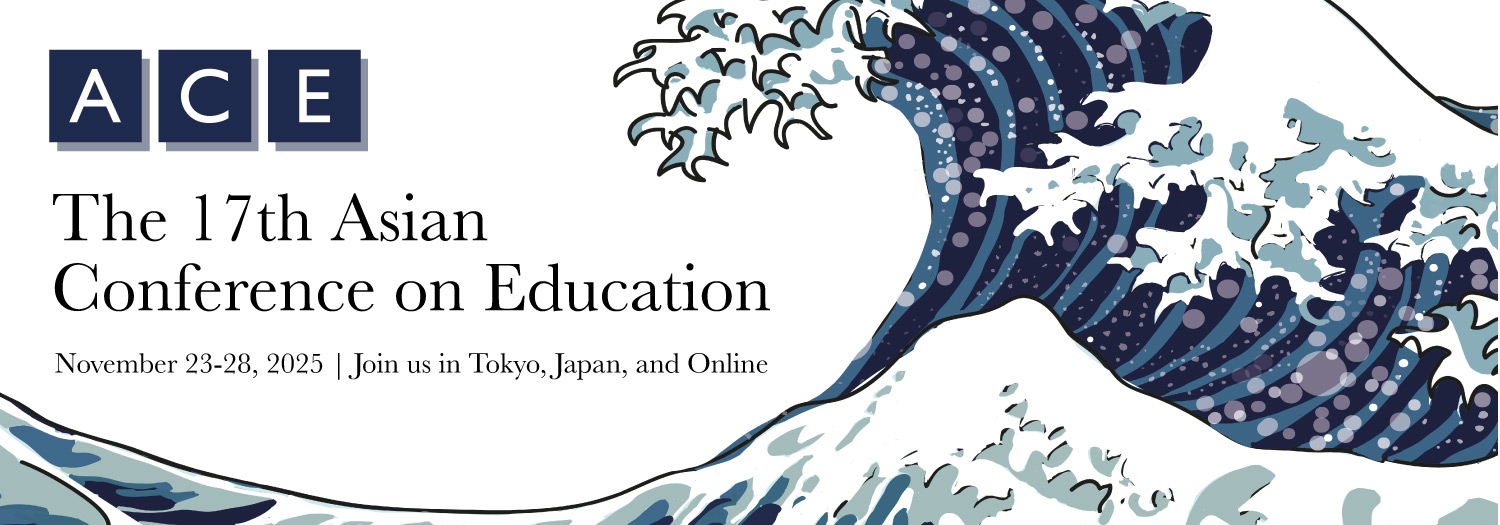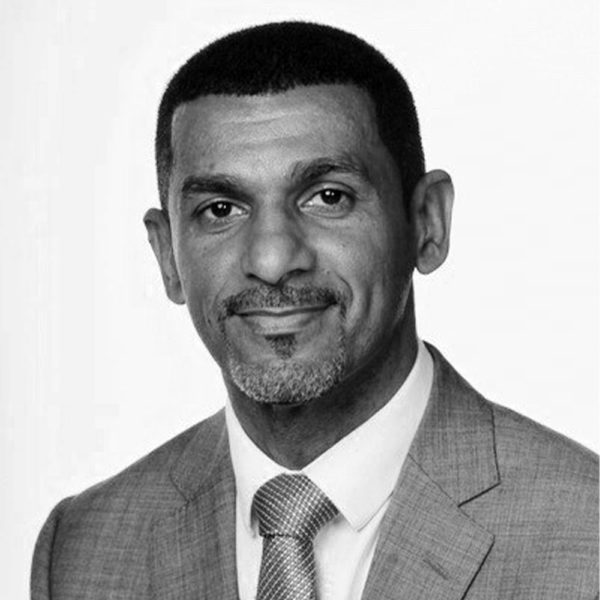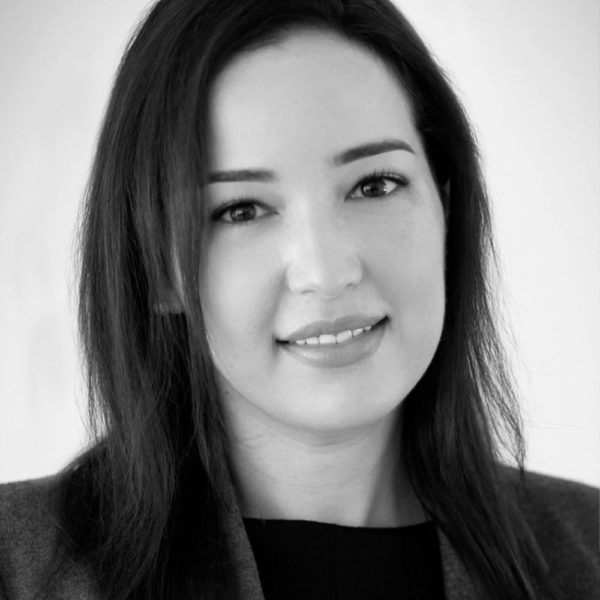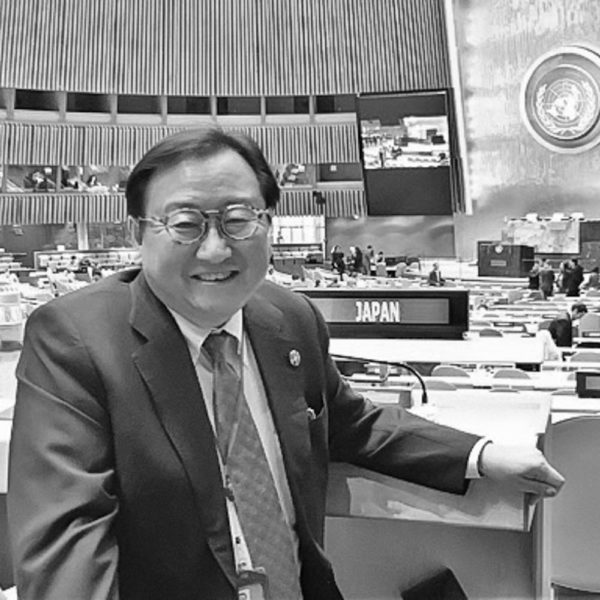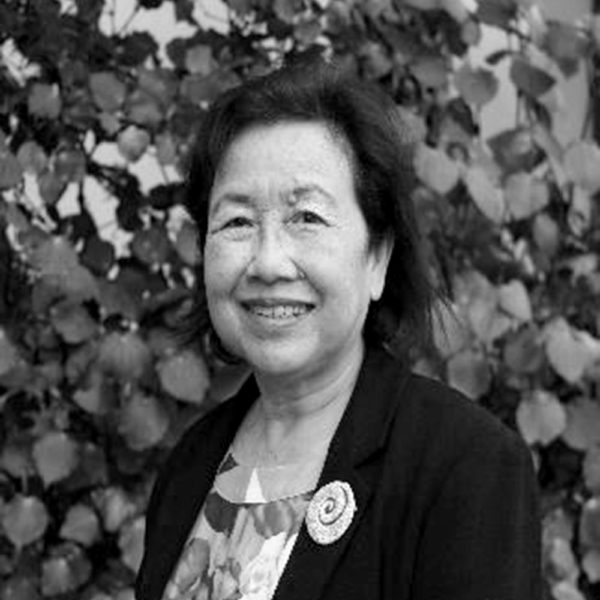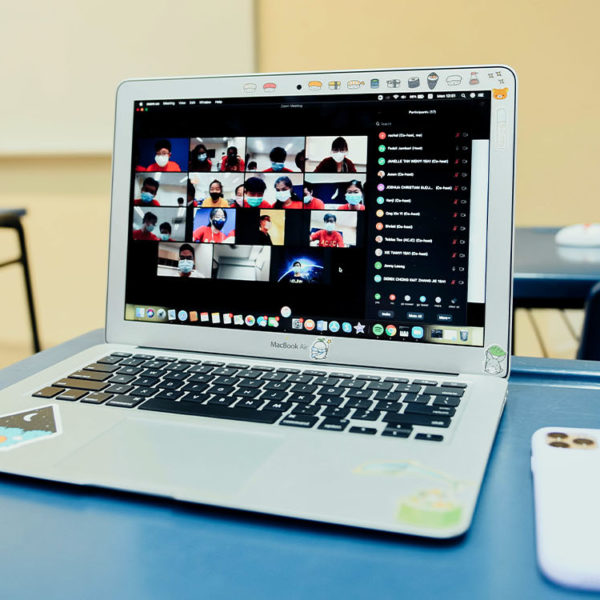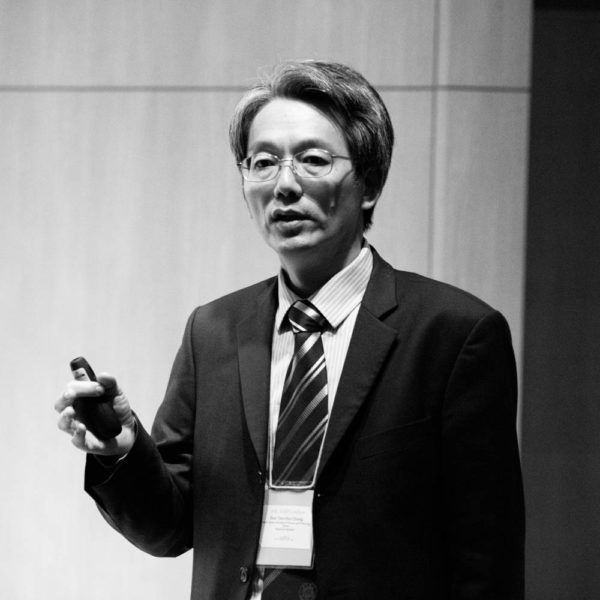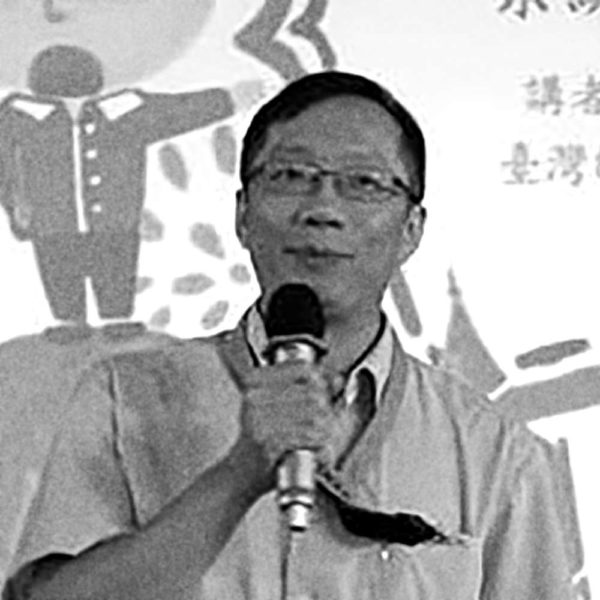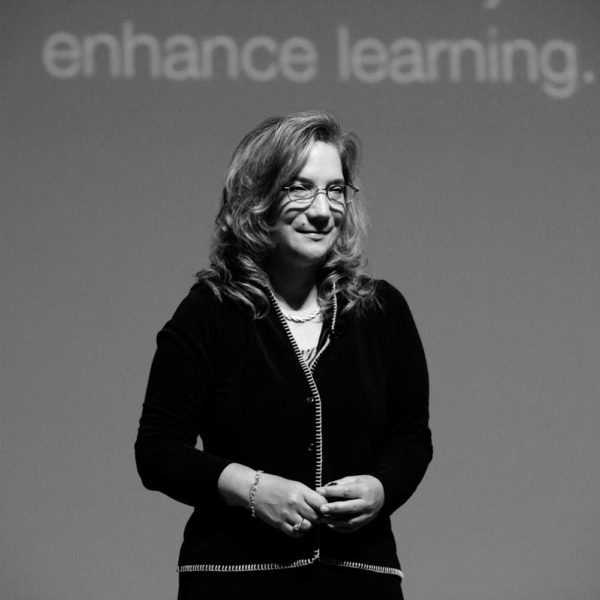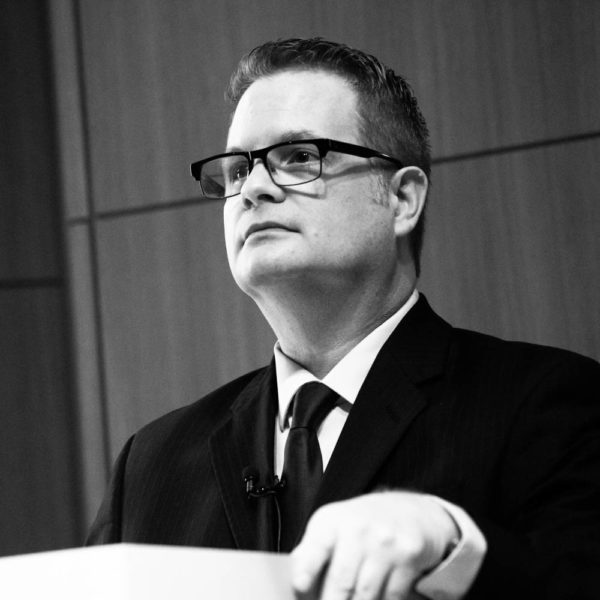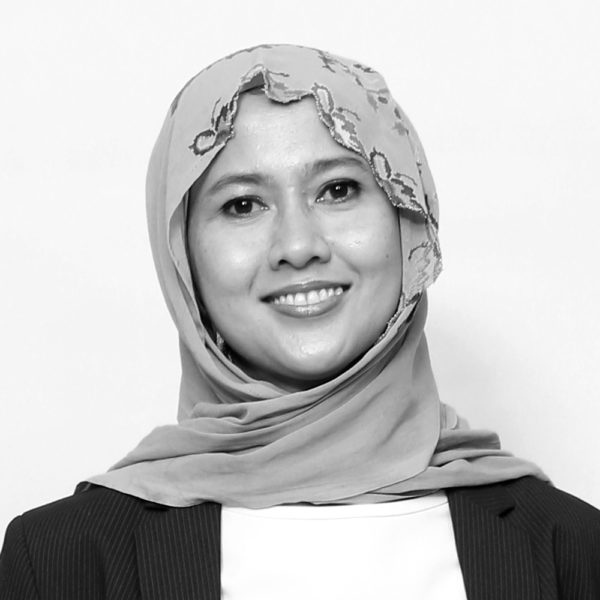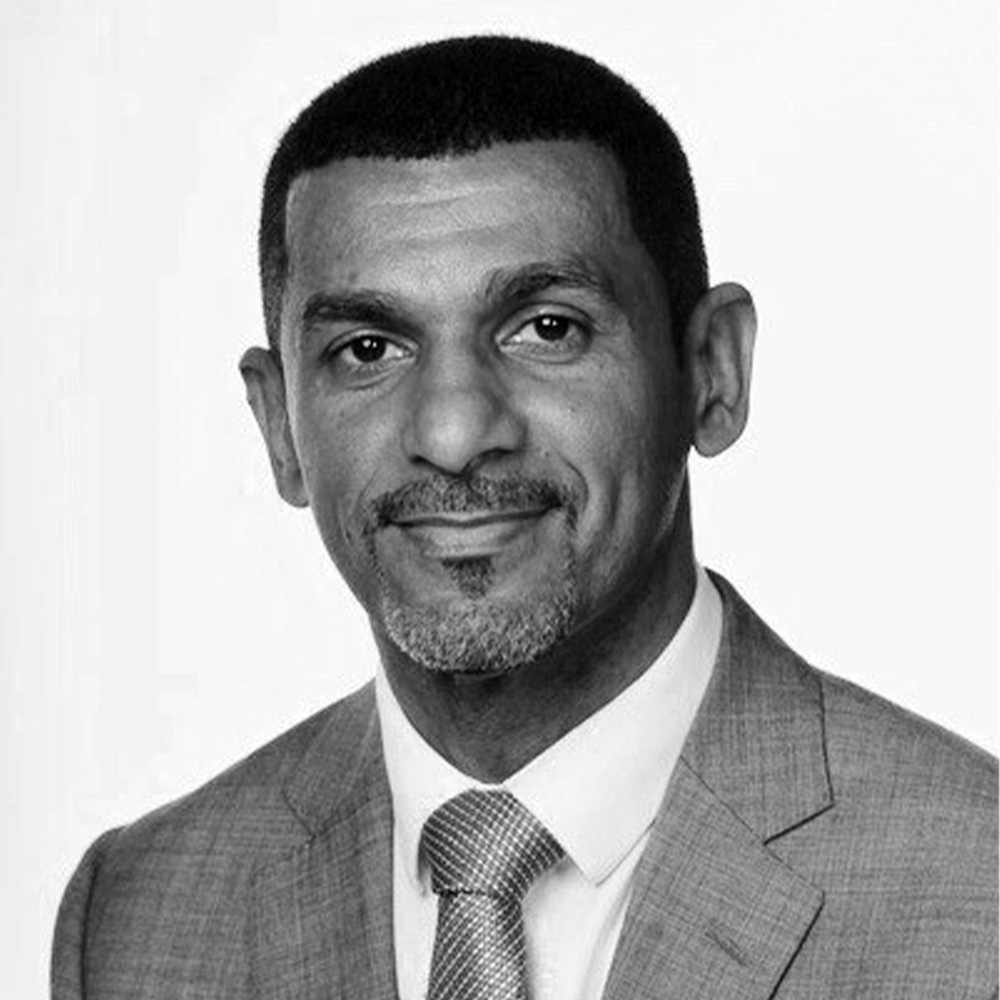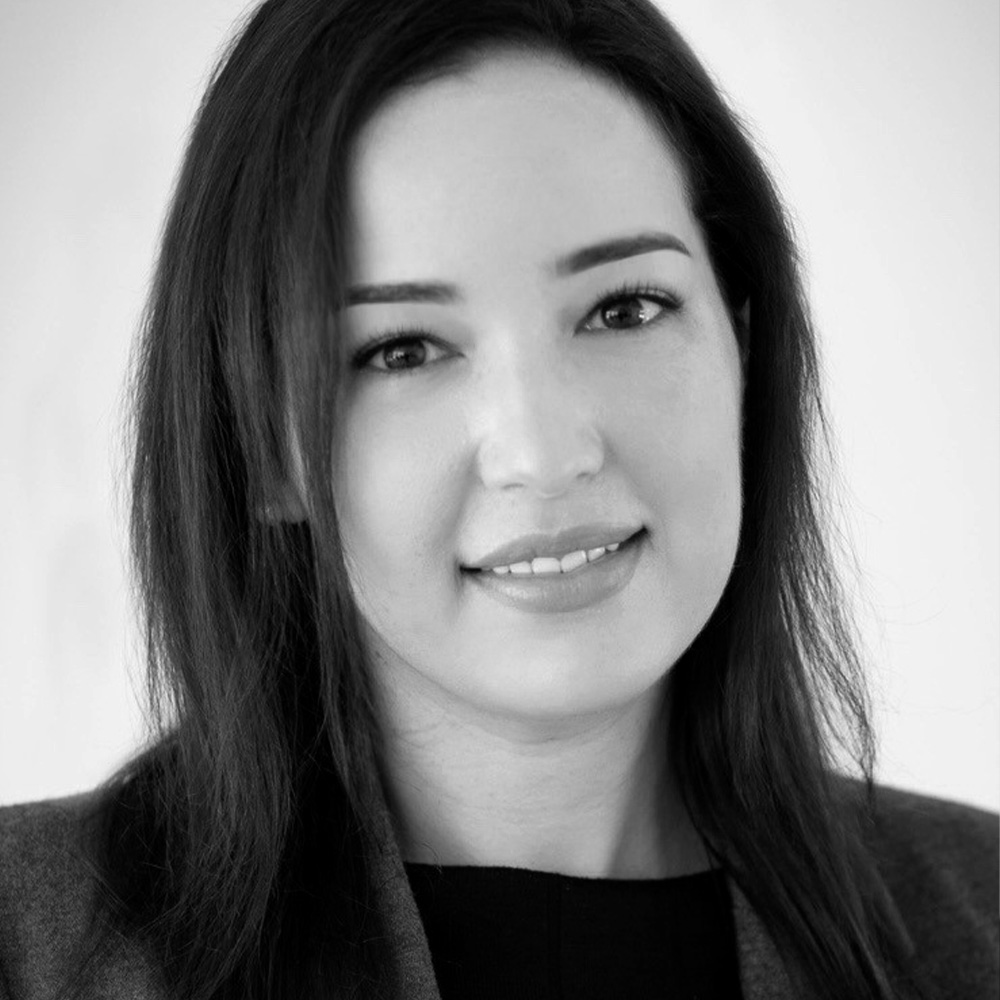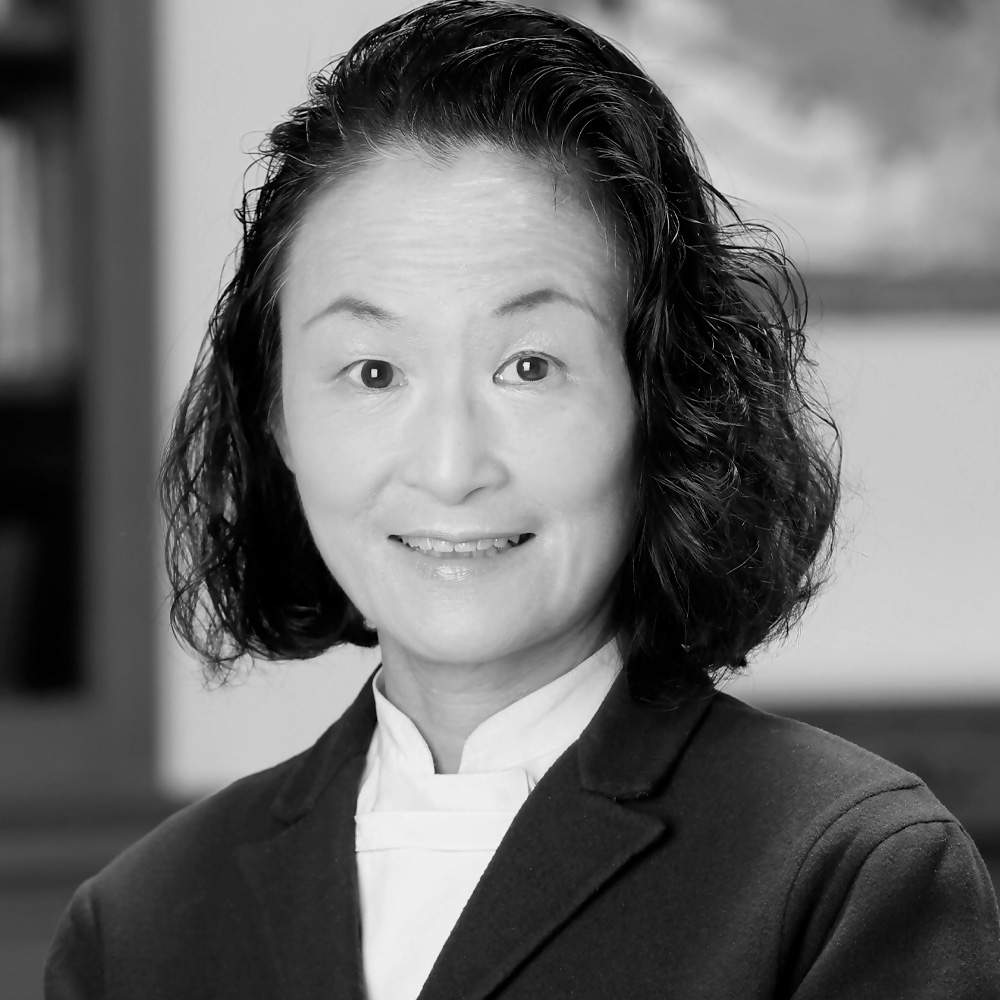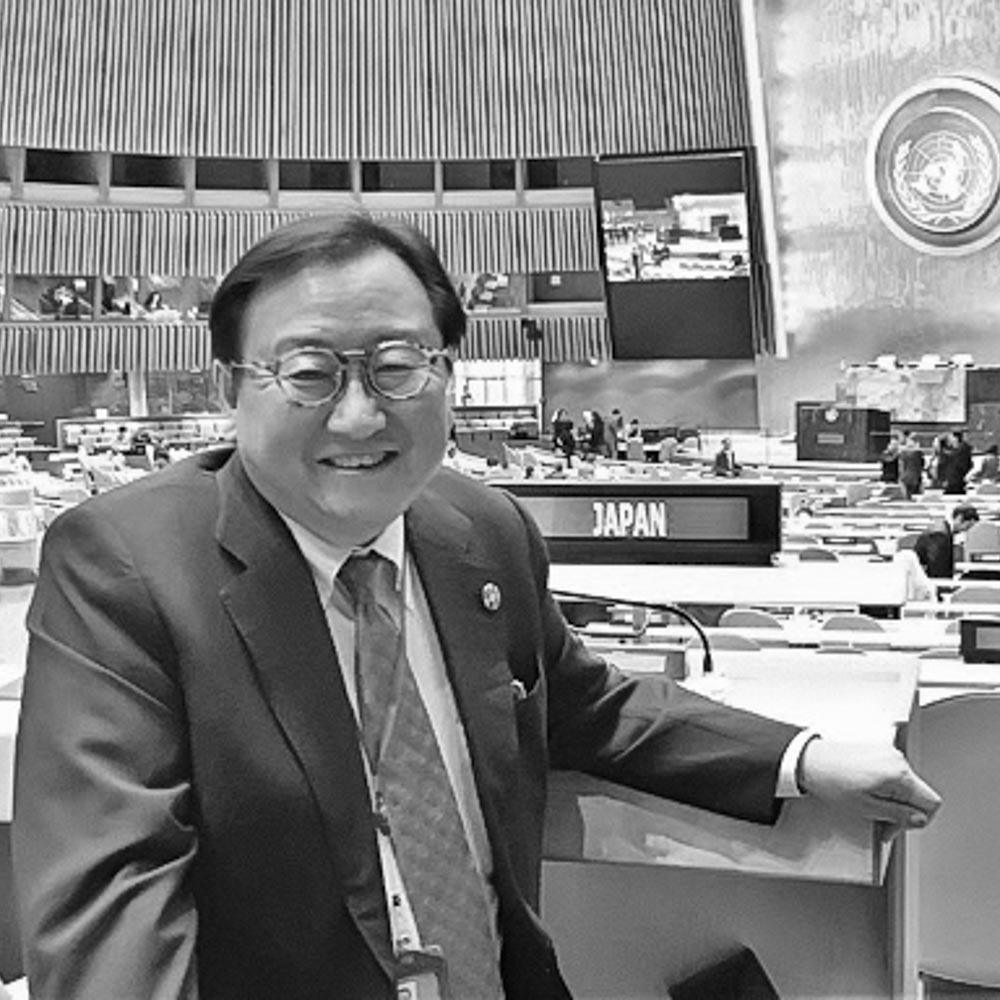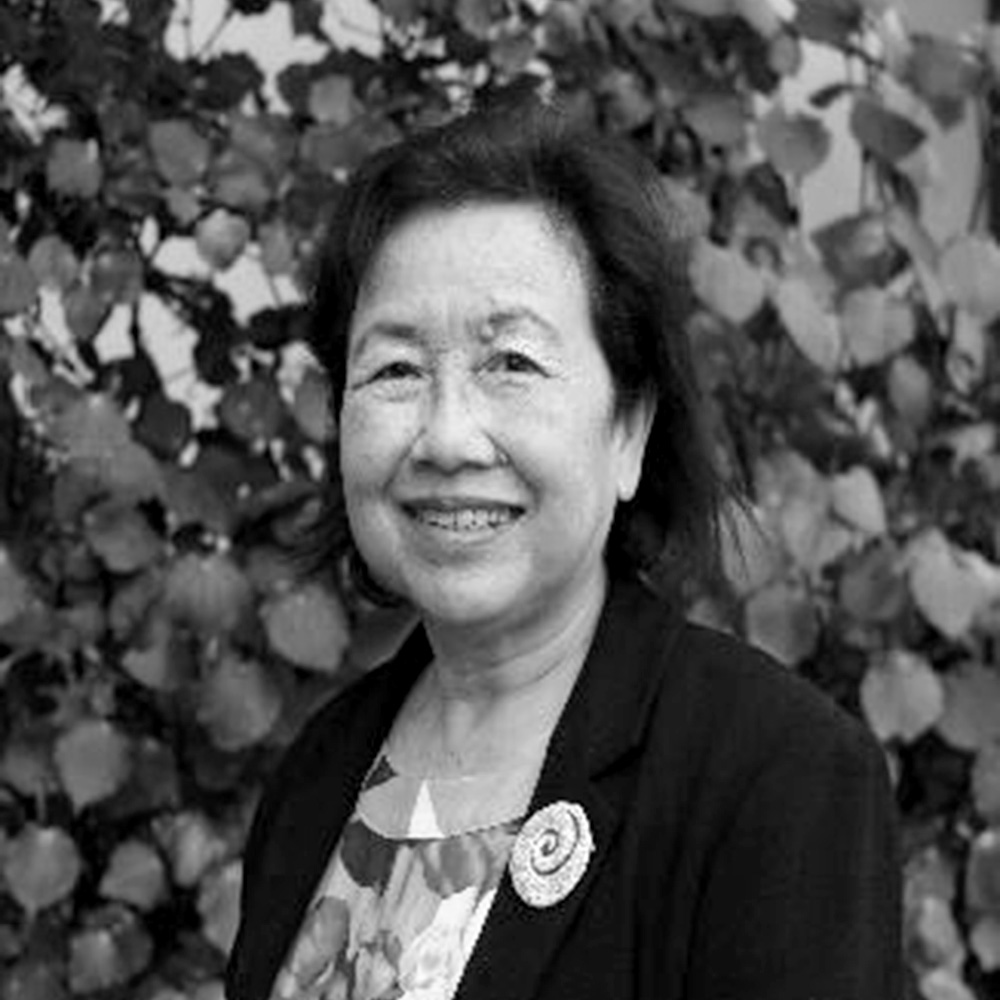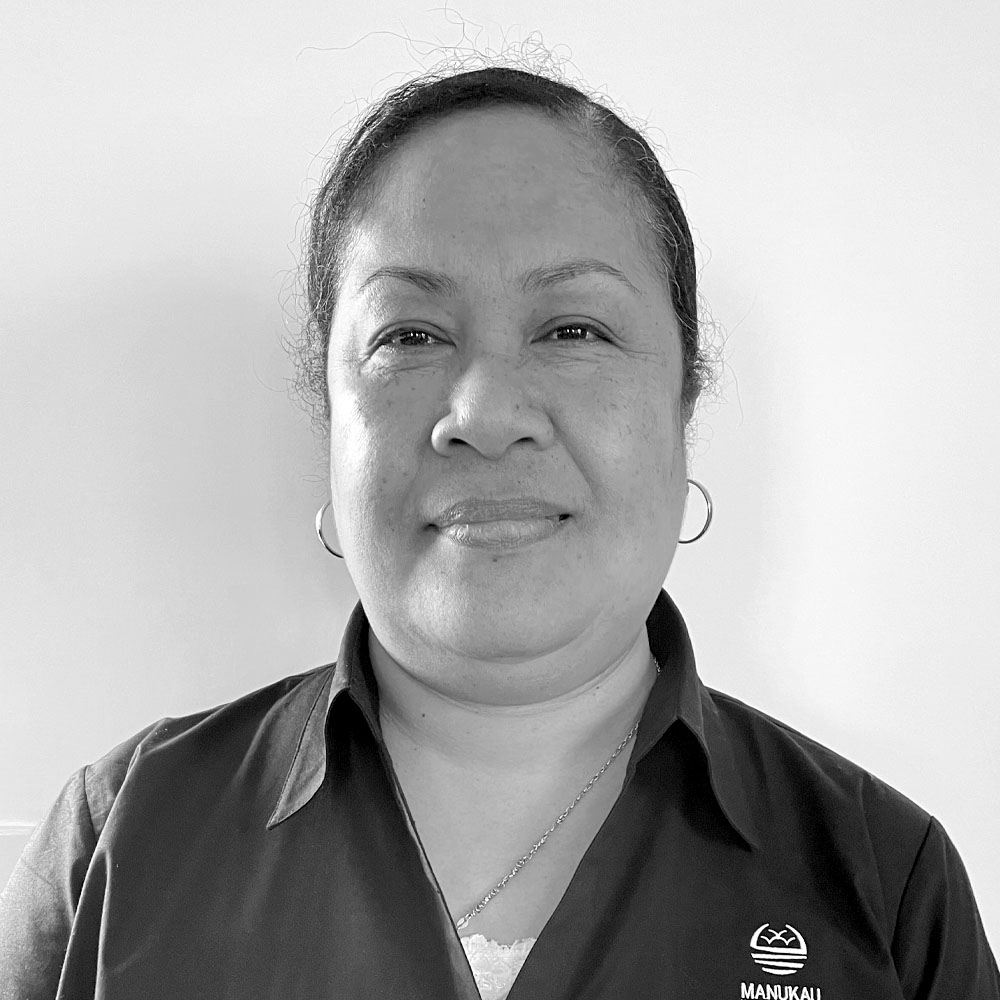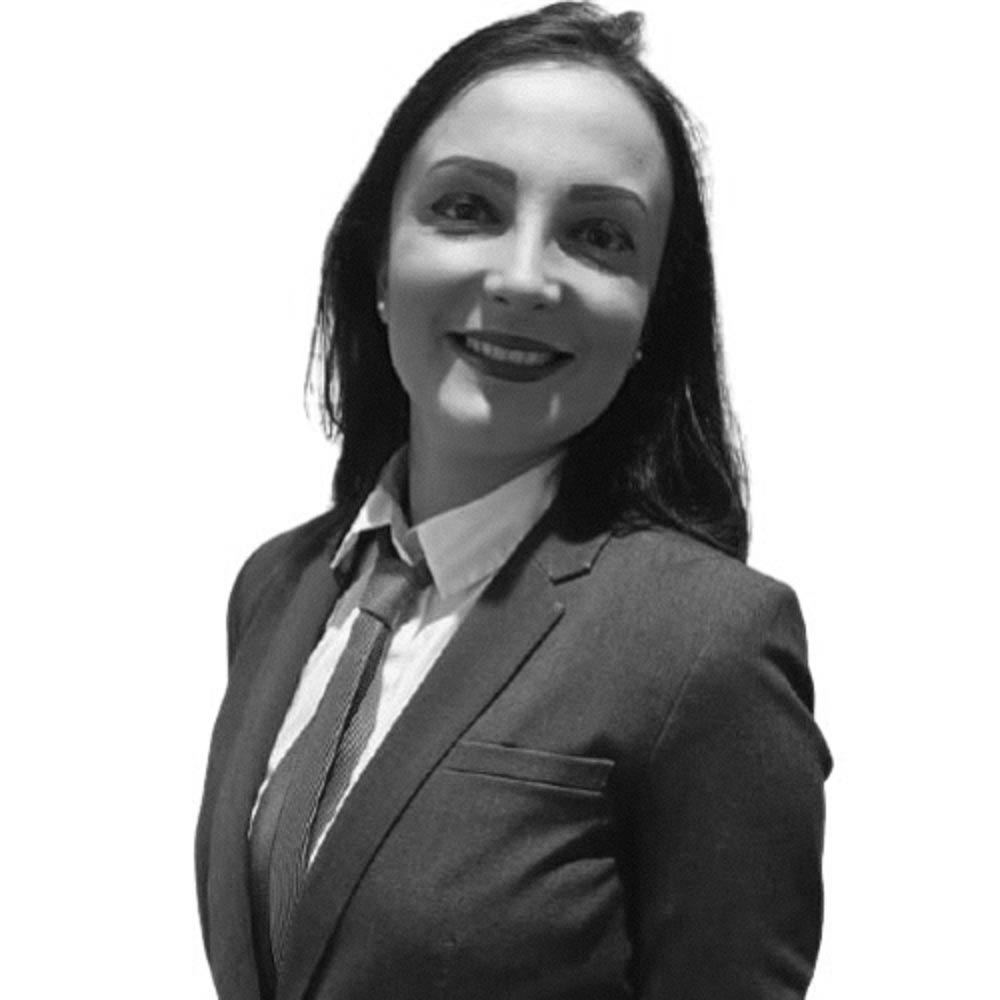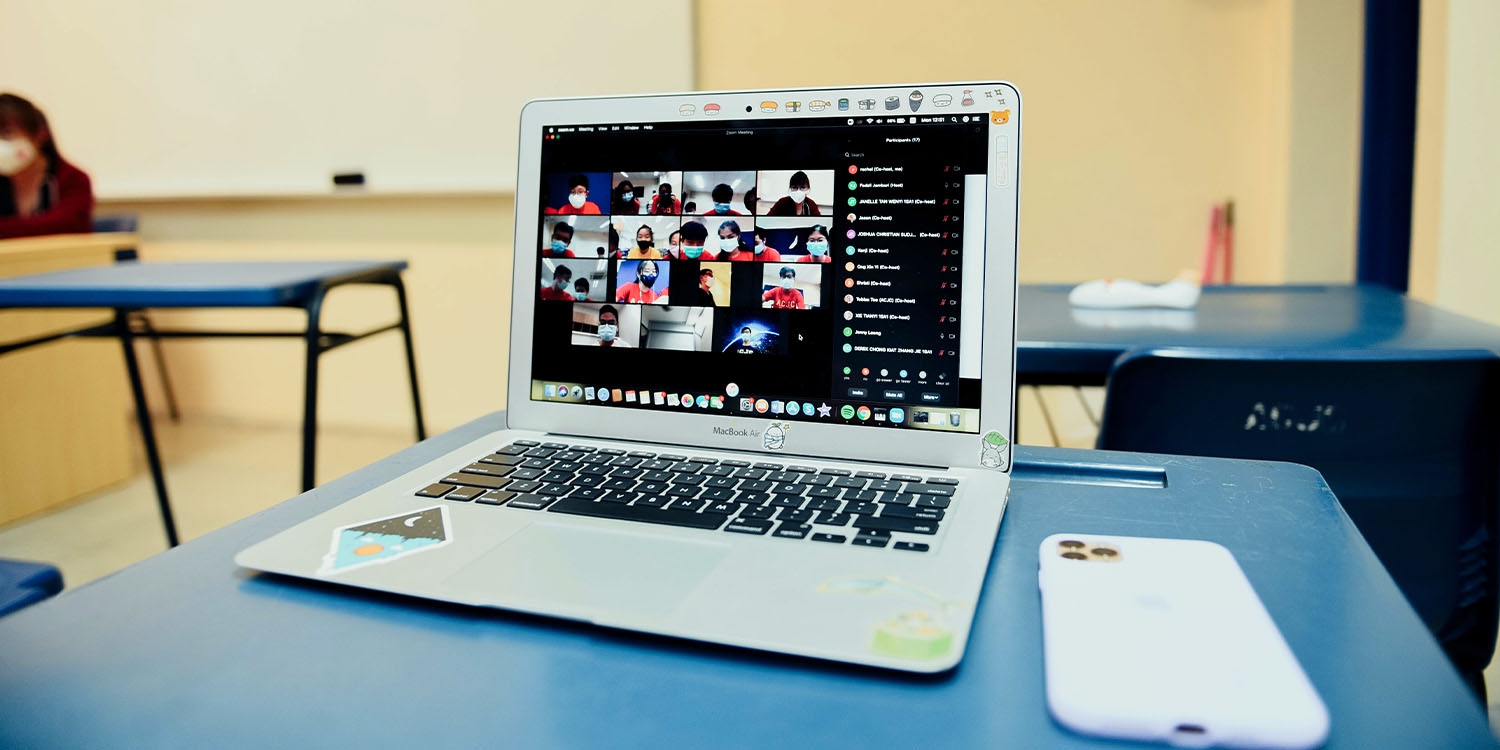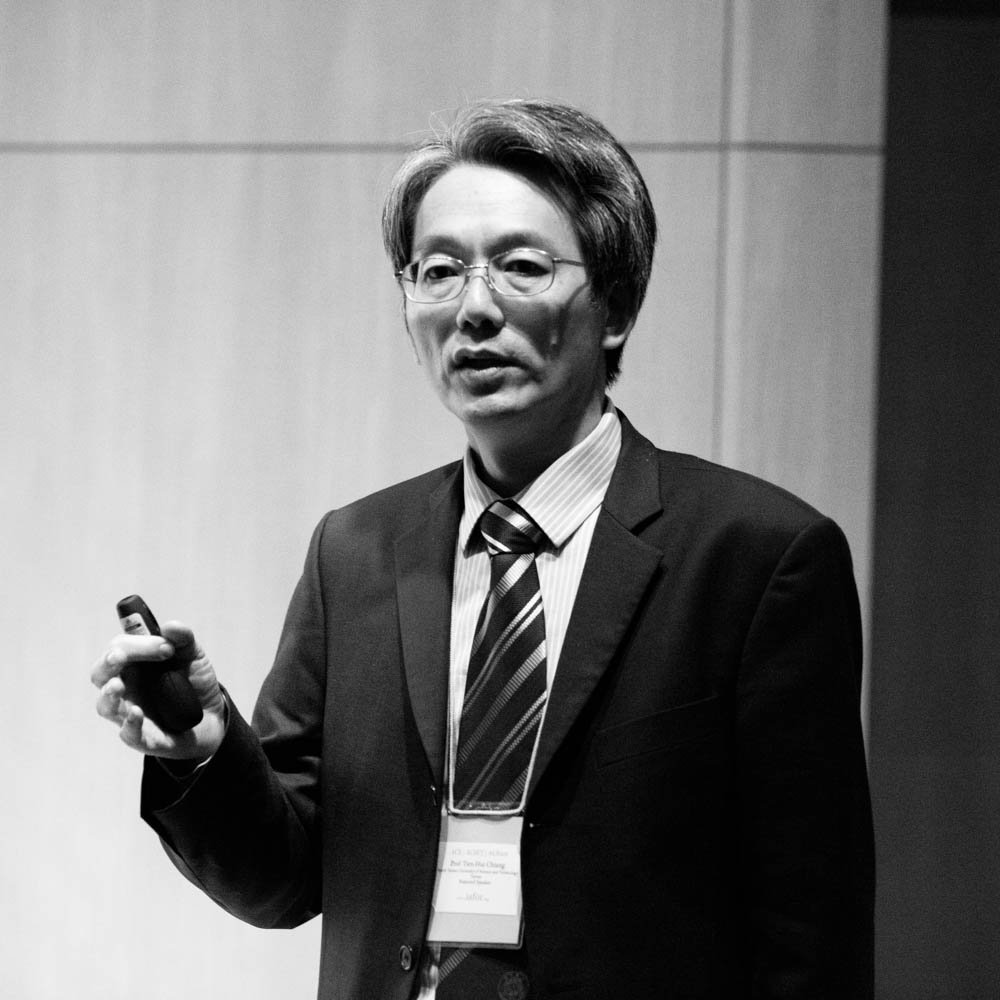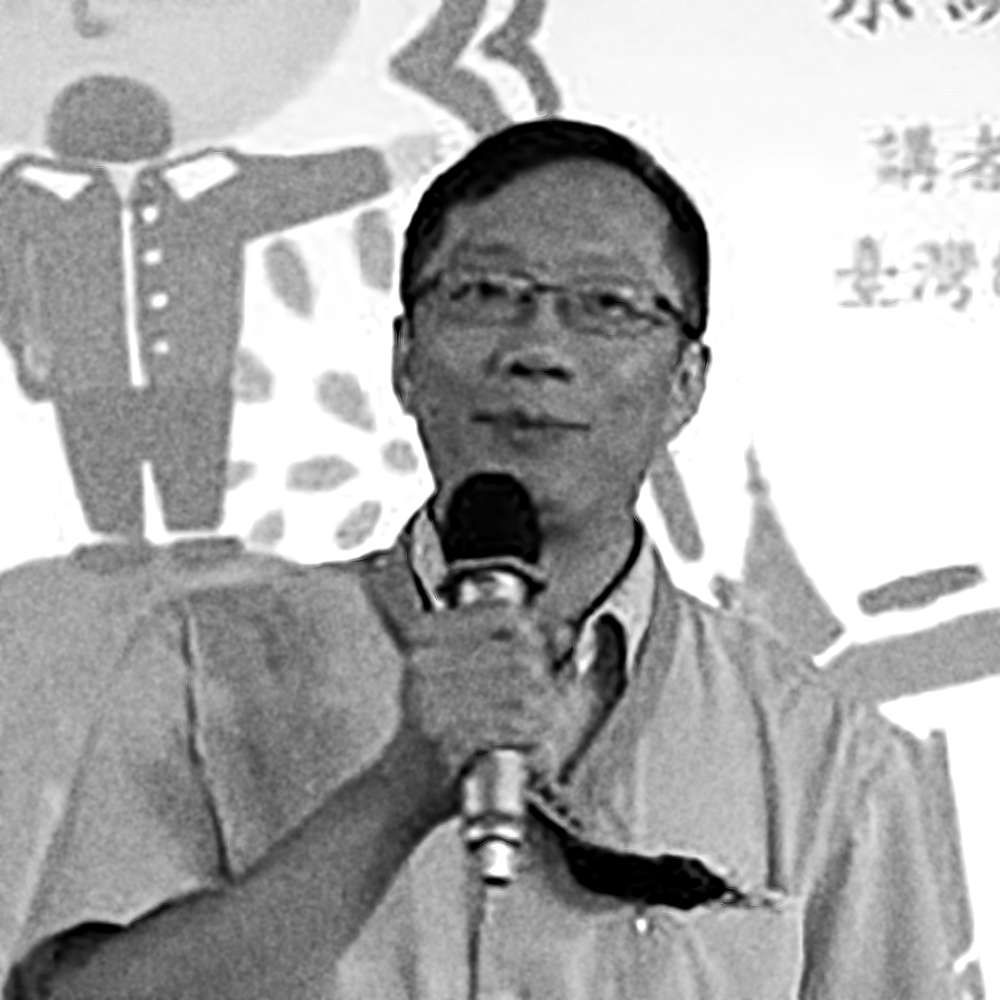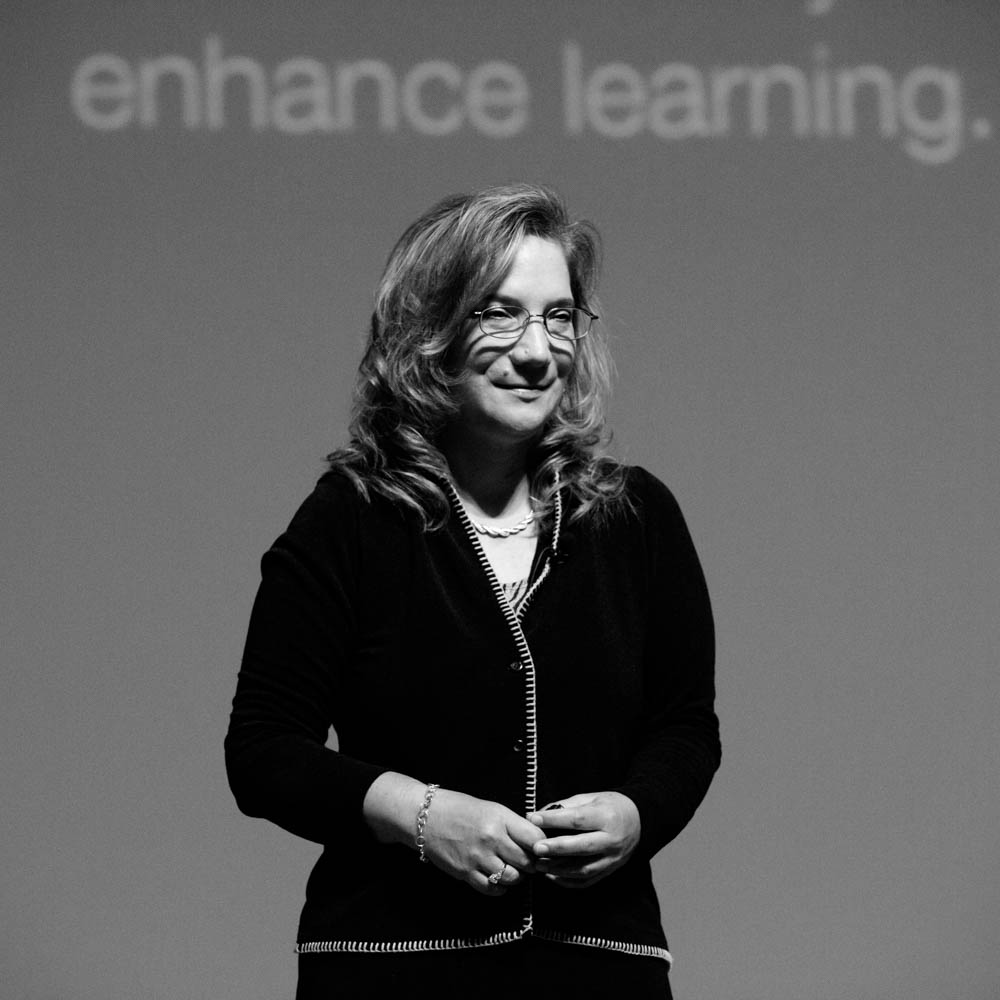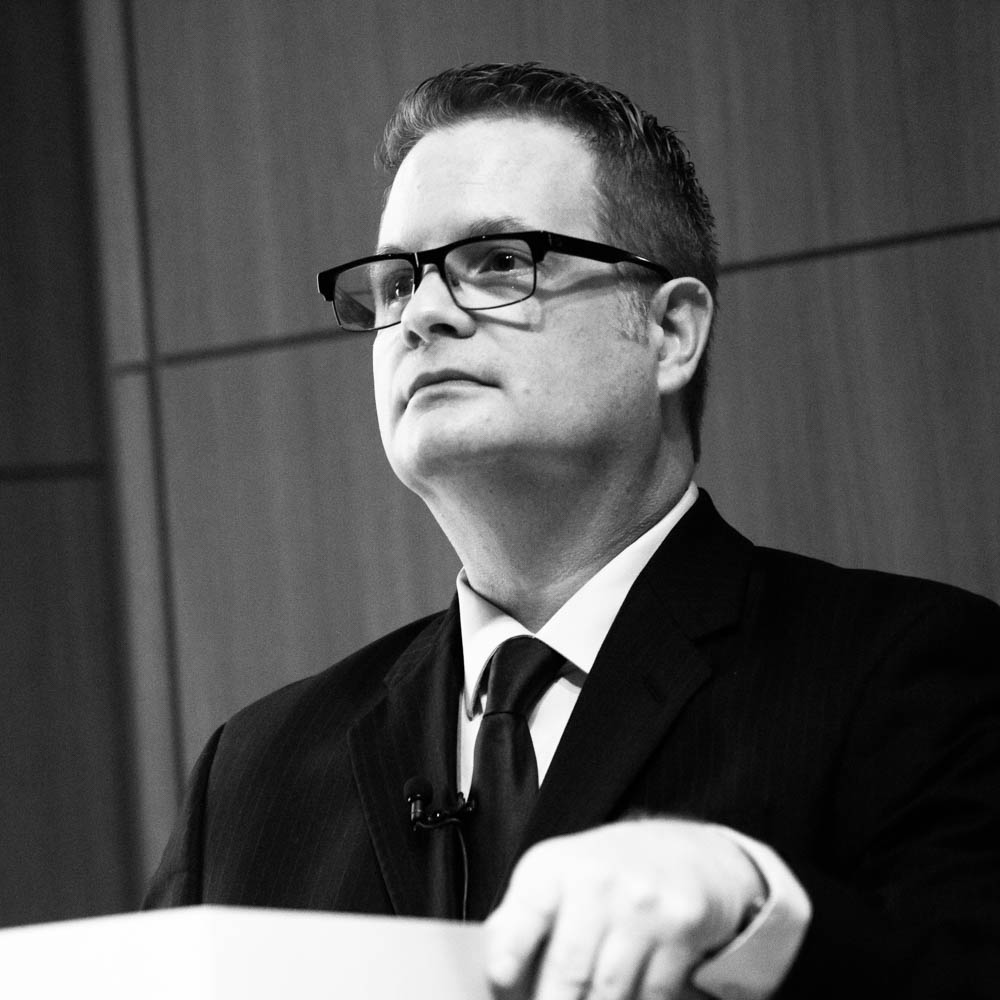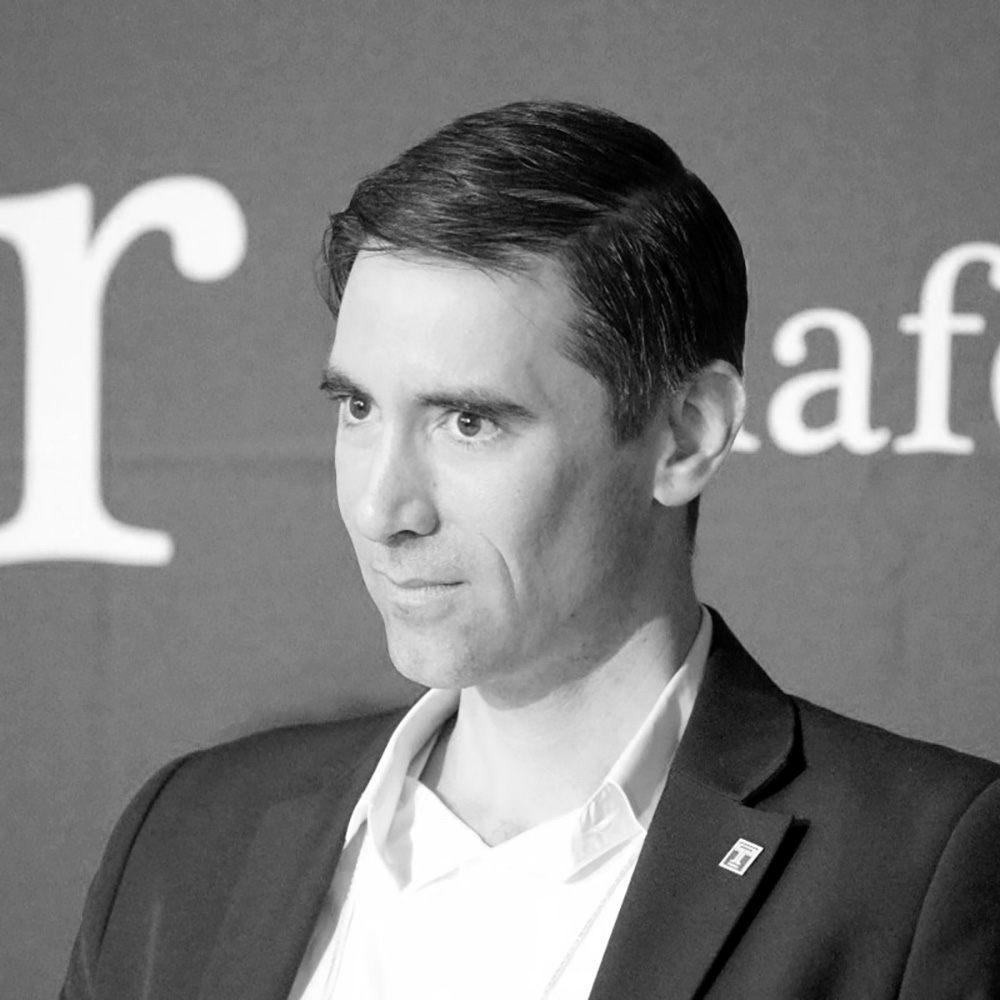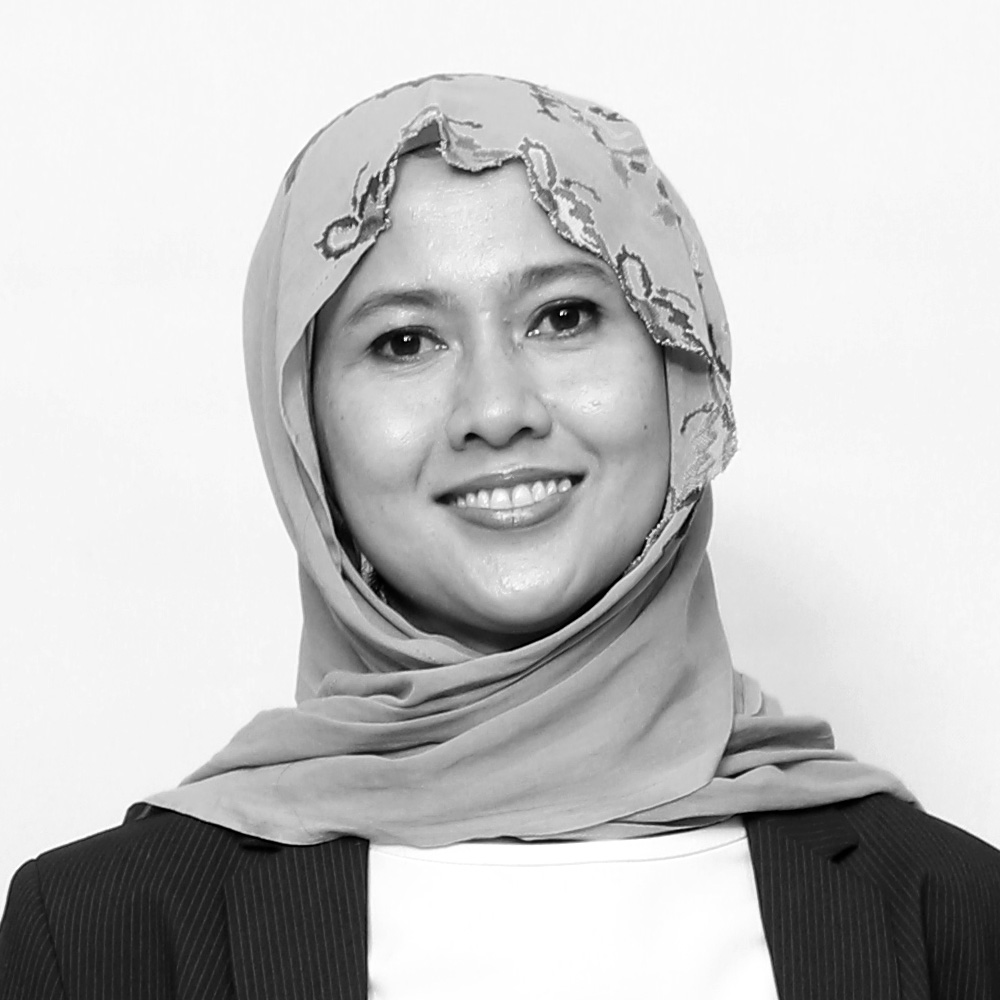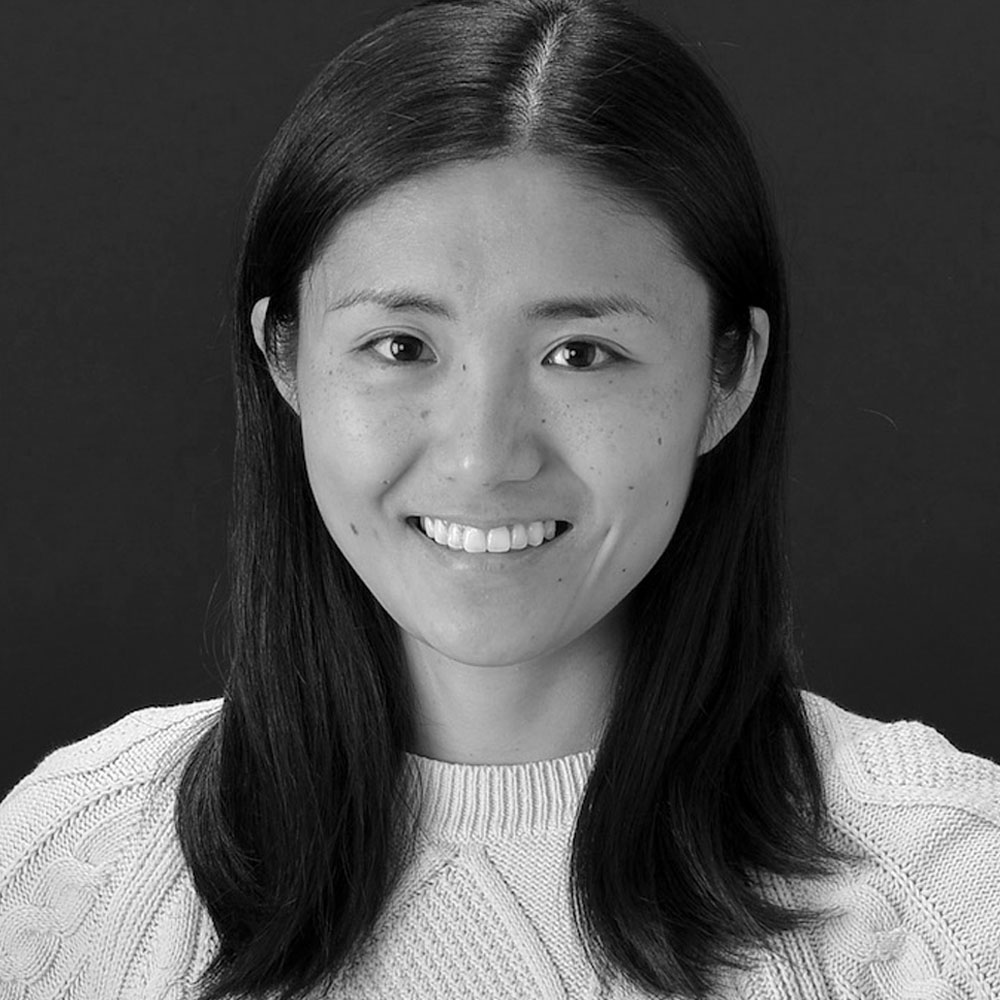ACE2022
November 28 – December 02, 2022 | Toshi Center Hotel, Tokyo, Japan
Plenary Speakers
Speakers and programme information will be added here in the coming months.
-
Abdulnassir Al-TamimiLusail University, Qatar
-
Abdulqader AlyasinLusail University, Qatar
-
William C. FrickUniversity of Oklahoma, United States
-
Hiba HarbLusail University, Qatar
-
Junko HibiyaInternational Christian University, Japan
-
Toshiya HoshinoThe International Academic Forum (IAFOR), Japan & Osaka University, Japan
-
Susie KungManukau Institute of Technology, New Zealand
-
Fuatino Taliaoa Petelo LeafaManukau Institute of Technology, New Zealand
-
Murielle El Hajj NahasLusail University, Qatar
-
Kaberi RajendraManukau Institute of Technology, New Zealand
-
Kenn RossMinerva University
-
Bernadette SolomonManukau Institute of Technology, New Zealand
-
Melanie WongManukau Institute of Technology, New Zealand
Programme
-
President of IAFOR’s Inaugural Address: Resilience and Challenges in the New NormalKeynote Presentation: Toshiya Hoshino
-
Surviving and Thriving in Times of Rapid Change: Multiple Tertiary Teaching Voices from Aotearoa, New ZealandPanel Presentation: Kaberi Rajendra, Bernadette Solomon, Tino Taliaoa, Melanie Wong
-
Concepts Across Contexts: How to Build Durable Skills through Transdisciplinary TeachingKeynote Presentation: Kenn Ross
-
Mental Health in Action: Strategies to Build Teacher and Student CapacityPanel Presentation: Abdulqader Alyasin, William Frick, Hiba Harb & Murielle El Hajj Nahas
-
The Future of Higher Education: Adapting to the New Normal Post-COVIDKeynote Presentation: Abdulnassir Al-Tamimi
-
The Impact of COVID-19 on International EducationKeynote Presentation: Junko Hibiya
Organising Committee
The Conference Programme Committee is composed of distinguished academics who are experts in their fields. Conference Programme Committee members may also be members of IAFOR's International Academic Board. The Organising Committee is responsible for nominating and vetting Keynote and Featured Speakers; developing the conference programme, including special workshops, panels, targeted sessions, and so forth; event outreach and promotion; recommending and attracting future Conference Programme Committee members; working with IAFOR to select PhD students and early career academics for IAFOR-funded grants and scholarships; and overseeing the reviewing of abstracts submitted to the conference.
-
Tien-Hui ChiangZhengzhou University, China
-
Joseph HaldaneThe International Academic Forum (IAFOR), Japan
-
Susie KungManukau Institute of Technology, New Zealand
-
Tzu-Bin LinNational Taiwan Normal University, Taiwan
-
Barbara LockeeVirginia Tech., USA
-
Leandro LoyolaConestoga College Institute of Technology and Applied Learning, Canada
-
Yvonne MastersExecutive Editor of the IAFOR Journal of Education (Scopus) & Independent Researcher, Australia
-
José McClanahanCreighton University, USA
-
Murielle El Hajj NahasLusail University, Qatar
-
Justin SandersMinerva Project
-
Tati D. WardiUniversitas Islam Internasional Indonesia (UIII), Indonesia
-
Aki YamadaTamagawa University, Japan
ACE2022 Review Committee
Dr Sin Yu Cherry Chan, The Chinese University of Hong Kong, Hong Kong
Dr Pin-Ju Chen, Ming Chuan University, Taiwan
Professor Chingya Chiu, Chang Jung Christian University, Taiwan
Professor Dary Dacanay, St. Patrick School, Philippines
Dr Jane Fenequito, Urdaneta City University, Philippines
Dr Lisa Lam, Hong Kong Baptist University, Hong Kong
Dr Lewis Teo Piaw Liew, Politeknik Kuching Sarawak, Malaysia
Dr Sonal Mobar Roy, National Institute of Rural Development and Panchayati Raj, India
Mr Mahmoud Sultan Nafa, City University College of Ajman, United Arab Emirates
Dr Non Naprathansuk, Maejo University, Thailand
Dr Nhung Nguyen, Deakin University, Australia
Dr Marilyn Obod, Our Lady of Fatima University, Philippines
Dr Elymar Pascual, Department of Education, Nagcarlan District, Laguna, Philippines
Dr Hansel Hope Perez, Our Lady of Fatima University, Philippines
Professor Metee Pigultong, Rajamangala University of Technology Thanyaburi (RMUTT), Thailand
Dr Nitta Roonkaseam, Phranakhon Rajabhat University, Thailand
Dr Nilda San Miguel, Department of Education, Lumban District, Laguna, Philippines
Dr Diana Po Lan Sham, Hong Kong Chinese Institute of Engineers, Hong Kong
Dr Kenneth Tan, Certis Corporate University, Singapore
Dr Ko Wai Tang, Hong Kong Metropolitan University, Hong Kong
Dr Nelson Tantoco, Trinity University of Asia, Philippines
Dr Tina Wong, Hong Kong Polytechnic University, Hong Kong
Dr Jessie Ming Sin Wong, Hong Kong Metropolitan University, Hong Kong
Dr Renu Yadav, Central University of Haryana, India
Conference Outline
Location: Toshi Center Hotel, Tokyo & Online
12:30-13:00 Conference Registration | Orion Lobby Area(5F)
13:00-13:05 Announcements & Welcome | Orion Room (5F)
13:05-13:15 Welcome Address and Recognition of IAFOR Scholarship Winners
13:15-14:00 Keynote Presentation | Orion Room (5F) & Online
Resilience and Challenges in the New Normal
Toshiya Hoshino, The International Academic Forum (IAFOR), Japan
14:00-14:45 Keynote Presentation | Orion Room (5F) & Online
The Impact of COVID-19 on International Education
Junko Hibiya, International Christian University, Japan
14:45-15:10 Coffee Break
15:10-15:55 Keynote Presentation | Orion Room (5F) & Online
Concepts Across Contexts: How to Build Durable Skills Through Transdisciplinary Teaching
Kenn Ross, Minerva University
15:55-16:00 Conference Photograph | Orion Room (5F)
16:00-17:00 Conference Poster Session & Coffee/Networking | Room 603 (6F)
19:00-21:00 Conference Dinner
Location: Toshi Center Hotel, Tokyo
09:30-11:10 Onsite Parallel Session 1
Room 603: Teaching Experiences, Pedagogy, Practice & Praxis
Session Chair: Shamim Ali
65542 | Online Classes: Does Increased Familiarity with the Mode of Teaching Actually Lead to Improved Learner Performance?
65015 | Using Songs in Speaking Classes
64988 | Linking TED Talks to Student Talks
65278 | Impact of English Language Learning Skills and Study Habits on Academic Achievement of EFL Learners
Room 604: Educational Policy, Leadership, Management & Administration
Session Chair: Vilma Zydziunaite
65183 | Public Relations Within the Political Education: Literacy Factor
66536 | Need Assessment of Integrated Management for Small Size Secondary School in the Northeast of Thailand
66360 | Problems Encountered by High School Principals in Quezon City, Philippines During the Pandemic
65061 | Complexity of Teacher Leadership Literacy: Structure, Components, and Interfaces
65115 | Formation of a Dialogue Between the Self and the Other for Intercultural Learning
Room 605: Interdisciplinary, Multidiscriplinary & Transdisciplinary Education
Session Chair: Paulo Batista
66264 | Supporting of Entrepreneurship Education, Entrepreneurial Orientation, and Factors Related to the Intention of Being an Entrepreneur of Generation Z
62342 | Architectural Records: Problems, Challenges and Opportunities
66444 | Dental Health Zines for Children and Parents
64959 | Do Engineering and Nature Science Students Understand Medicine Better by Working With Real and Touchable 3D-objects Rather With Medical 2D-images?
Room 607: Innovative Technologies in Education
Session Chair: Mei Yee Lee
65491 | A Data Mining Approach to Artificial Intelligence and Education
66501 | Content Associations With User Experience in Location-based Learning Tracks
65220 | Development of the Communicative Competence Through the Implementation of Virtual Reality in Higher Education
66546 | It Takes Two to Tango: Effective e-learning in Times of COVID-19 Lockdown
Room 608: Learning Experiences
Session Chair: Hashini Mohottala
66355 | Enhancing Students’ Cognitive Memory Using Music in the Classroom
66567 | Blended Learning in Higher Education: Design, Implementation, and Online Log Analysis to Understand Learning Behavior
66404 | A Reflection for Art & Design Learning for Digital Natives
66076 | Simulations and Hands-on Experiments: Understanding the Rehabilitating (or Strengthening) Exercise for Quadricep Muscles Using Physics
11:10-11:25 Coffee Break
11:25-13:05 Onsite Parallel Session 2
Room 603: Teaching Experiences, Pedagogy, Practice & Praxis
Session Chair: Mirian Aman
65540 | Mathematical Writing Prompts: Examining Pre-service Teachers’ Practice Through Lesson Study in Distance Learning
65544 | Investigating Mathematical Creativity Among Junior Highschool Students
65611 | Do Your Students Enjoy Reading Comic Books? Do You Enjoy Teaching Your Students Scientific Work? See How to Combine Both!
65416 | In Search of Light: Discovered Opportunities in Teaching Physical Education During the Emergency Remote Teaching
Room 604: Foreign Languages Education & Applied Linguistics
Session Chair: Rocky Burton
65776 | Language and Education: English is the Linguistic Capital and Mandarin the Emerging Language in Pakistan
65552 | Language Development and Creative Expression Through Nonsense Verse
65564 | Teacher Identity Construction: A Narrative Inquiry into English Postgraduate Student Teachers
65347 | The Anathema of Japanese Cram Schools to ELT
Room 605: Educational Policy, Leadership, Management & Administration
Session Chair: Leandro Loyola
64848 | Development of the LILOK Mentoring Model for Aspiring Principals in Public Schools
66178 | Development of Ethical Competency Indicators for Primary School Administrators in the Northeast of Thailand
65178 | Culture and Arts Practitioners’ Competencies as Basis for the Establishment of Public Service Network for Philippine Education Institutions
65059 | Interconnectedness of Teacher Leadership, Political Literacy and Awareness Through Teaching/Learning Interactions With Students: Phenomenographic Study
Room 607: Education & Difference
Session Chair: Linda Oshita
65247 | An Empowered Alternative: Entrepreneurial Intentions of Students Who Are Deaf in a Higher Education Institution
66039 | Children With Disability: Need for Dignified Education Spaces
65738 | Closing the Disability Employment Gap in the UK: Utilising University-Industry Partnerships to Unlock Potential
66081 | Supporting Students with Disabilities on Study Abroad: What Host Institutions Need to Know
Room 608: Learning Experiences
Session Chair: Jose Garza-Martinez
66428 | A Study to Evaluate the Effectiveness of Google Solution on Middle School Teacher Based on the Kirkpatrick 4 Level Model
65251 | Experiences in MOOCs: The Perspective of Students in UAE
65040 | Post Pandemic Resilience: A Transition from Learning at Home to Hybrid Learning at School in Malaysia
66588 | Enhancing Learning of Complex Science Topics and Improving Motivational Level Using Gamification Techniques in High School Biology Courses
13:05-14:05 Lunch Break
14:05-15:20 Onsite Parallel Session 3
Room 603: Teaching Experiences, Pedagogy, Practice & Praxis
Session Chair: Marie Grace Pamela Faylona
66475 | Sustainable Development Goals (SDGs) Learning Combined With a Coaching Strategy to Empower Learners as Responsible Global Citizens
63791 | Professionalization on the Go: A Latent Profile Analysis in Self-regulated Learning of Flemish Teachers in a Mobile Learning Environment
65354 | Teachers’ Readiness Assessment on Teaching HIV/AIDS Preventive Education to Senior High School Students – Philippines
Room 604: Mind, Brain & Psychology
Session Chair: Lucy Spence
65721 | Individual and Collective Coping Strategies to Psychological Distress: An Exploration Among Young Adults in Bali’s Rural Area
65732 | A Qualitative Study of Experience and Perceived Social Support Among University Students During COVID-19 Pandemic in Balinese Rural Area, Indonesia: A Thematic Analysis
65373 | Educational Neuroscience for Teachers
Room 605: Educational Research, Development & Publishing
Session Chair: Mark Mizuko
65671 | Web-Based Students Academic Performance Analysis with Data Visualization
66421 | Analysis on the Domestic and Foreign Trends of Research on Digital Literacy Based on Keyword Network Analysis
64875 | The Impact of COVID-19 on Research Methodologies
Room 607: Innovative Technologies in Education
Session Chair: Fadhil Ramadhani
66592 | Physics Olympics: An Innovative Platform of Performance Task to Enhance Students’ Motivation and Learning
65753 | Indonesian High Schoolers’ Perceptions of Ruangguru in English Online Learning
66186 | The Add-on Impact of ‘AdvertISeIT: An Advergaming Application’ on the Interest of Senior High Schools Students in Choosing BSIT Course
Room 608: Challenging & Preserving: Culture, Inter/Multiculturalism & Language
Session Chair: Hugh Schuckman
65928 | Co-production Between Culture and Performing Arts: A Performing Project in Taiwan
65724 | A Qualitative Study of Resilience Components and Its Interactions With Balinese Philosophies Among Youth in Bali
66628 | Voicing Upheaval: Excavating and Preserving Korean Linguistic Rhetoric of the 1970s
15:20-15:35 Coffee Break
15:35-16:50 Onsite Parallel Session 4
Room 603: Teaching Experiences, Pedagogy, Practice & Praxis
Session Chair: Joanna Kepka
66543 | Learning From Events
66150 | Helping Students Become Self-learner in a Digital World: A Case Study in Peer-teaching Strategies
66434 | From Crisis to Opportunity: Using Digital Platforms to Enhance Course Design
Room 604: Primary & Secondary Education
Session Chair: Piyanan Thisopa
65195 | Effect of Use of Screen on Child’s Development at Early Childhood Education
66548 | A Confirmatory Factor Analysis of Information Ethics for Primary School
66412 | Condition Present, Condition Desirability and Necessary of Coding Education Management for Small Size Elementary Schools in the Northeast
Room 605: Learning Experiences, Student Learning & Learner Diversity
Session Chair: Scott Morris
66496 | TERF Wars: Discord Among Transgender Women, Feminists, and TERFs in South Korea
66423 | Negotiating Success by Two Generations of Vocational Students From Low-income Backgrounds in Singapore
66556 | Between Choices and Challenges: The Narratives of School-to-work Transitions of Low-income Vocational Youths in Singapore
Room 607: Education, Sustainability & Society
Session Chair: Julia Wong
65376 | The Effects of Teacher’s Salary on Learning Outcome
65662 | Recruitment Strategies and Migration Regulations of International Students in the United States and Canada: A Comparative Study
66670 | Work-based Learning During Covid-19 Pandemic: A Reflection on Adaptability
Room 608: Higher Education
Session Chair: Tai Chong Toh
65274 | Shared Strategic Leading: The Leadership of Academic Deans of Centers of Excellence in the Philippines
65637 | Non-cognitive Skills as Influencing Factors to the Academic Success of the BS Psychology Graduates: Basis for Classroom Intervention
66410 | Supporting Students Beyond the Pandemic – Lessons From Community Internships
18:00-20:00 Conference Cultural Visit
Location: Toshi Center Hotel, Tokyo
09:30-11:10 Onsite Parallel Session 1
Room 603: Adult, Lifelong & Distance Learning
Session Chair: Keith Joiner
66401 | The Impact of Mentoring Function on Organizational Citizenship Behavior – Comparing Formal and Informal Mentors
65801 | Timeout, Please: A Grounded Theory Study of About-to-Retire Professors’ Experiences on Combating Technostress Amid Covid-19 Pandemic
65378 | The Challenges and Strategies of COVID-19 Online Learning and Teaching: A Comparative Case Study of Higher Education in Afghanistan and Indonesia
65513 | Learning to Test With Robots Collaboratively in Our Homes: “Mum/Dad, When Can I Play With It?”
Room 604: Learning Experiences, Student Learning & Learner Diversity
Session Chair: Jacqueline van Muijlwijk-Koezen
66394 | An Analysis of Demotivating Online Formative Assessment Strategies at an Open Distance Learning
65319 | Empowering Self Regulated Learners: Embedding of IB ATL Skills Through Digital Literacy in Primary Students
64168 | Students Perception of a Gamified Student Engagement Platform as Supportive Technology in Learning
66587 | Leveraging the ALACT Reflection Model to Improve Academic Skills Development in Bachelor Students: A Case Study
Room 605: Learning Experiences, Student Learning & Learner Diversity
Session Chair: Hui Yong Tay
66400 | Develop Young Children’s Emotional Intelligence and Coping Strategies During the COVID-19
66472 | Development of Media Literacy Curriculum for Junior High School Students in Thailand
66525 | In Pursuit of Quality TV Program for Young Children: What Are the Criteria in View of Its Audience?
64787 | The A-B-C of Engaging Students With Feedback to Build Resilient Learners
Room 607: Design, Implementation & Assessment of Innovative Technologies in Education
Session Chair: Yin Teng Chew
65896 | Case Study of Teacher-Student Interactions in Singapore Classrooms Mediated by Personal Learning Devices
65186 | Supporting Students’ Online Academic Help Seeking with an Analytics-enhanced Forum
66623 | Modes of Learning and Performance Among Graduates During a Pandemic in a State University in Romblon, Philippines
66522 | Empathy Map of Students’ Remote Learning Experience Towards Innovative Education Delivery
Room 608: Higher Education
Session Chair: Gumiko Monobe
63134 | Using Information Literacy to Impart Critical Thinking Skills and Combat Misinformation Among Undergraduate Students
63707 | Shifting Paradigms: China’s Influence Through the Intermediaries of Tertiary Education Institutions
57107 | A Reflective Account of Team Tutoring Involving an Indigenous and a Non-indigenous Tutor Delivering a First Year Cultural Competency Course
66591 | Beyond Normalized Academic Language: Re-search into Self-academic Identities and Voices Beyond the Precreated Academia of Higher Education Through Third Space
11:10-11:25 Coffee Break
11:25-12:15 Onsite Parallel Session 2
Room 603: International Education
Session Chair: Aki Yamada
66596 | “It Takes a World of Differences to Make a Different World”: The EAN Project in Greece
65895 | Japanese University Students Attitudes Toward International Careers and Study Abroad During the Covid-19 Pandemic
Room 604: Teaching Experiences, Pedagogy, Practice & Praxis (Workshop)
Session Chair: Ian Frank
66545 | Koto-tsukuri: Education at the Interface
Room 605: Foreign Languages Education & Applied Linguistics
Session Chair: Bernard Nainggolan
65292 | Meanings of Images and Intersemiotic Complementarity of Visual and Verbal Elements in Two English Textbooks: A Multimodal Study
65709 | Autonomous Single Learning Interest: A New Construct That Predicts Long-Term Achievement
Room 607: Educational Policy, Leadership, Management & Administration
Session Chair: Sekitla Makhasane
65538 | School Administration: Violence Among Elementary School Students in District Lahore Punjab Pakistan
66595 | Teachers’ Perspectives About Bullying Among Learners in South African Secondary Schools: Implication for School Leadership
Room 608: Counselling, Guidance & Adjustment in Education
Session Chair: James Lactao
65852 | Role of Physical Activity on Alleviating Anxiety and Depressive Symptoms Among College Students
64087 | What Motivates University Students to Be in a Mentoring Relationship? Discovering Motivations Using the Organismic Integration Theory
12:15-13:15 Lunch Break
13:15-14:30 Onsite Parallel Session 3
Room 603: Teaching Experiences, Pedagogy, Practice & Praxis
Session Chair: Jorge Victor Sales
65359 | Effects of Concept Scaffolding Teaching Approach on Grade 7 Students’ Conceptual Understanding and Problem-solving Performance in Mathematics
66643 | Blended Professional Learning Community Sessions on Action Research
66672 | Challenges Encountered by Non-Araling Panlipunan Teachers Teaching Araling Panlipunan Department of Education General Santos City, Philippines: Basis for Capability Building
Room 604: Professional Training, Development & Concerns in Education
Session Chair: Hazel Diaz
65377 | Exploring the Training Programs for Japanese Nutrition Teachers’ During Covid-19: Were They Properly Prepared?
65545 | Developing ICT Competency Training for Teachers of Marginalized Community Schools and Public Sector Schools of Himalayan Region
64487 | Impact of Professional Learning and Development Activities Participated in by Secondary School Mathematics Teachers Through Kirkpatrick’s Evaluation Levels
Room 605: Higher Education
Session Chair: Gota Hayashi
65116 | English Language Policy and Its Implementation at Tertiary Level in Mongolia
64694 | Best Practices for Public Speaking Instruction for EFL Undergraduate Students in Japan: Based on Literature Review from 2016 to 2021
66431 | Assessing Content Learning in EMI Courses: What are the Realities?
Room 607: Educational Policy, Leadership, Management & Administration
Session Chair: Dawruwan Thawinkarn
66390 | Development of Ubiquitous Organization Indicators for Secondary Educational Service Area in Thailand
66109 | A Longitudinal Bibliometric Analysis of Research Hotspot and Frontier of Distributed Leadership, 1998-2018
66498 | Confirmatory Factor Analysis of Digital Leadership of School Principals in Thailand
Room 608: Curriculum Design & Development
Session Chair: Anastasios Zopiatis
66438 | An Investigation of the Tasks in the Workplace, Their Relevance to the Curriculum, and Characteristics of Agile Learning
66582 | The Development of Learning Activity of KWDL Technique Combined With BAR Model to Improve Problem Solving Ability in Math
66056 | Reinventing the Hospitality Curriculum in the Post-COVID-19 Era
14:30-14:45 Coffee Break
14:45-16:00 Onsite Parallel Session 4
Room 603: Professional Training, Development & Concerns in Education
Session Chair: Hsiao-Lan Chen
65771 | Reliability and Validity of the Teachers’ Behavior Inventory of the Adamson University Basic Education Department
65228 | Measuring and Evaluating Research Literacy in Higher Education: A Synthesis of Mechanisms and Discoveries
66585 | The Development of Teacher Performance Indicators for 21st Century Teaching and Learning: Implications from International Baccalaureate Philosophy and Practice
Room 604: Mind, Brain & Psychology
Session Chair: Cahaya Napitupulu
66605 | The Causal Model of Promoting Innovative Thinking Competencies for Entrepreneurship in Undergraduate Students: The Expectancy-Value Theory Perspective
65932 | Emotions in the Advising Dialogue: Reflection of Novice Learning Advisors
66609 | Parenting and Self Resilience in Dayak Youth Students
Room 605: Higher Education
Session Chair: Yaping Gao
66495 | Remaking Higher Education?: An Analysis of Media Discourse on Online Education in India
65457 | Adapt Research-Supported Standards to Ensure Quality at Course and Program Levels to Support Institutional Goals and Accreditation
66091 | Online Assessment at an ODeL Institution in the Post Pandemic Era
Room 607: Education, Sustainability & Society
Session Chair: Sheila Mae Carungay
66652 | Impact of the Organic Agriculture Production Training Program to Farmer Beneficiaries in Northern Philippines
65490 | Entrepreneurship Education from University Through Banking: A Real-Life Business Context
65317 | A Proposed Framework for Sustainable and Impactful Higher Education Institutions
Room 608: Assessment Theories & Methodologies
Session Chair: Celina Sarmiento
65846 | Classroom Assessment Standards: Indonesian EFL Teachers’ Assessment Practices in the Amid of the Pandemic
65296 | Revealing Teachers’ and Students’ Perception of the Use of Flipgrid for Speaking Assessment
66817 | Using Action Research to Enhance Formative Assessment in Statistics
16:00-16:10 Onsite Conference Closing Session: Room 603
Location: Online
09:15-09:30: Welcome Address
09:05-11:10 Online Parallel Presentation Session 1
Room C: Educational Policy, Leadership, Management & Administration
Session Chair: Pina Tarricone
64834 | Has COVID-19 Changed Our Perception of the Importance of Education?
65536 | How to Improve the Dual System in South Korea: Lessons from Germany
66415 | Comprehensive Sociological Theory of Education
66413 | Workshop: Using the Policy Monitoring Tool to Support Education in Emergencies Policy Development and Review
09:30-11:10 Online Parallel Presentation Session 1
Room A: Teaching Experiences, Pedagogy, Practice & Praxis
Session Chair: Bei Hong
66619 | The Approach to Utilise Recycled Plastic as Printing Matrix Material in Traditional Printmaking Design Studio Class
66558 | Applying IRT Model in Validating a Dichotomously-Scored Test
65345 | Google Docs in EAP Courses: Investigating and Promoting Collaborative Writing Experience
64927 | Interactive Videos or Synthesized Readings, Which One is Better to Increase Students’ Engagement in an Introductory Economics Course
Room B: Higher Education
Session Chair: Naomi Tsunematsu
65306 | Developmental Outcomes of Doctoral Students: The Roles of Academic Buoyancy, Perceived Autonomy Support, and Thinking Styles
65370 | Purposes and Aspirations of Western Students for Study Abroad in Japan
65528 | Strategies to Successful Online Mentoring for First-year Doctoral Students: An Australian Study during the COVID-19 Pandemic
65958 | Academic Stress and Resilience Among Undergraduate Students of Guwahati City of Assam
Room D: Education, Sustainability & Society
Session Chair: Yipei Lu
66483 | The Effectiveness of Zakat Funding Through Dompet Dhuafa Etos ID Scholarship Program
64920 | Early Childhood Education Reform in China: Challenges and Opportunities
65254 | Building Fundamentals via Soft Sciences: The New Era of China’s Brain Race
65398 | Redefining Student Formation: Characteristics and Experiences for Resilient University Social Engagement
Room E: Learning Experiences, Student Learning & Learner Diversity
Session Chair: Sheng-Lun Cheng
64083 | E-Learning Meets Educational Key Opinion Leaders (Edu-KOLs): A Close-up Look on Exuberant Platforms and Their Success Ingredients
65414 | The Impact of Online Learning on High School Student Experience
66614 | Development of a Utility Reaction Assessment Instrument Towards Robotics in Secondary Education
65541 | Perceived Learning Environments, Motivation, Time Management, and Academic Achievement in Online Computer Science Courses
11:10-11:20 Break
11:20-13:00 Online Parallel Presentation Session 2
Room A: Adult, Lifelong & Distance Learning
Session Chair: Meenakshi Krishnaraj
66642 | Career-adaptability, Self-efficacy and Work-life Balance: Relationships With Goal Orientation, Perceived Organisational Support, Role Clarity, Perceived Performance and Job Stress
66685 | Distance Learning in Rural Areas – An Action Research in LiouGuei District, Kaohsiung
66640 | Creative Possibilities in Continuing Education and Learning in Taiwan: A Scoping Review and Perspectives
65187 | Learning Fulfilment: What’s the Role of Education?
Room B: Primary & Secondary Education
Session Chair: Hoi Nga Ng
63896 | Teacher-Student relationship, Attributional Style, and their Impact on English Performance of Chinese Students with Low Academic Achievement
66407 | Insights into Contextual Factors Related to SEL in UAE Public Schools
66262 | Development of Learning Kit and Module for a Technology Design (RBT) Subject: Insights From Needs Analysis
64296 | Correlates of School-based Sexuality Education: A Comparative Study of Students and Teachers of Secondary Schools in Hong Kong
Room C: Foreign Languages Education
Session Chair: Alexander Ibni
65283 | How Medical Students and Doctors Can Use Online Materials to Improve Their English Speaking Skills
66361 | Factors Affecting the Use of Language Registers in Writing among English as a Second Language Students
66043 | Producing Travel Vlogs as a Collaborative Task in English Classes With a Soft CLIL Approach
65118 | The Impact of EFL Learners’ Grammatical Inaccuracies on English-Native-Speaking Teachers’ Assessment of Their Pronunciation
Room D: Professional Training, Development & Leadership
Session Chair: Norma Kok
65197 | Career Development Competencies in Kuwait: Social Workers’ Case Study
66442 | Teachers’ Readiness for Home-Based Learning – The Case in Singapore Primary Schools
66352 | Policies and Practices of Professional Development for Middle leaders in Chinese Higher Vocational Colleges
66155 | Through the Eyes of School Leaders: A Discussion of the Outcomes of a Leadership Development Training Programme
Room E: Learning Experiences, Student Learning & Learner Diversity
Session Chair: Shawnee McPhail
65423 | Fostering a Super Reader: A Case Study on Effects of Cooperation
65515 | A 3D-Printed Chinese Character Learning Art Educational Tool for the Blind and Visually-Impaired
64906 | Three Voices: Lived Experiences of Indian School Children in Two Transformative Ecology Programs
66179 | Experiencing Empathy Through LGBTQ+ Literature
13:00-13:10 Break
13:10-14:25 Online Parallel Presentation Session 3
Room A: Teaching Experiences, Pedagogy, Practice & Praxis
Session Chair: Susie Kung
65658 | Who Am I? An Examination of Multiple Identities in a Hong Kong Primary Music Teacher
65700 | In a Queer Time and Space: A Teacher’s Narrative on Online Distance Learning
65939 | He Waka Eka Noa (We Are All in the Canoe Together): A New Zealand Tertiary Teaching Response to the Covid-19 Pandemic
Room B: Professional Training, Development & Concerns in Education
Session Chair: Hsuehi Lo
63791 | Professionalization on the Go: A Latent Profile Analysis in Self-regulated Learning of Flemish Teachers in a Mobile Learning Environment
65905 | Examination of a Play-based Learning Curricula Integrating Developmental Benefits in Free-play and Academic Value
66032 | Taiwanese Secondary Mathematics Teachers’ Values of the Relationship Between Mathematics and STEM Education
66551 | A Cultural-historical Approach to Children With Specific Language Impairment in China
Room C: Foreign Languages Education
Session Chair: Wanqing Feng
66500 | Advancing Educational Equality: Using AI Technology in K-12 English Language Education in Rural China
66266 | Identity Reconstruction of Chinese International Students in Higher Education—From the Perspective of Naming Practices
65668 | Research on the Role of Multimedia Learning APP for Young Learners of Chinese as a Second Language
Room D: Resilience
Session Chair: Alice (Xuelian) Chen
66581 | Emerging Victorious – A Study of Resilience of Visually Challenged Girls During the Pandemic
64699 | ICT Use of Parenting in Early Childhood in the Pandemic Era: Benefits, Risks, and Implications
66611 | The Mediating Role of Emotional Stability Between Critical Thinking Disposition and Self-knowledge Among Management Students
Room E: Interdisciplinary, Multidisciplinary & Transdisciplinary Education
Session Chair: Joselyn Sim
65583 | Setting off the Dominoes: A Theory of Change for Scaling Interdisciplinarity at a Liberal Arts and Sciences University in China
66398 | Closing the Loop in Design Education: Surviving Disruption in a Digital World
66504 | A Systematic Review on Virtual Reality in Language Learning From 2012-2021: Implications for Practice and Research
14:25-14:35 Break
14:35-15:20 Keynote Presentation
The Future of Higher Education: Adapting to the New Normal Post-COVID
Abdulnassir Al-Tamimi, Lusail University, Qatar
15:20-15:30 Break
15:30-16:15 Featured Panel Presentation
Surviving and Thriving in Times of Rapid Change: Multiple Tertiary Teaching Voices from Aotearoa
Kaberi Rajendra, Manukau Institute of Technology, New Zealand
Bernadette Solomon, Manukau Institute of Technology, New Zealand
Tino Taliaoa, Manukau Institute of Technology, New Zealand
Melanie Wong, Manukau Institute of Technology, New Zealand
Susie Kung, Manukau Institute of Technology, New Zealand (Moderator)
16:15-16:25 Break
16:25-17:10 Featured Panel Presentation
Mental Health in Action: Strategies to Build Teacher and Student Capacity
Abdulqader Alyasin, Lusail University, Qatar
William C. Frick, University of Oklahoma, United States
Hiba Harb, Lusail University, Qatar
Murielle El Hajj Nahas, Lusail University, Qatar
17:10-17:20 Online Conference Closing Session
Poster Presentations
65629 | An Exploration of Technical Communication as an EFL Learning Motivational Intervention for Engineering Majors
65773 | Modified Nominal Group Technique (NGT) and Its Application to the Construction of Elements in the Vocational College Standard Curriculum in the Field of Refrigerant and Air Conditioning (VCSC_RAC) Based on Values to the Environment
65495 | Perceived School Climate and Attitudes Towards Inclusive Education Among Resource Room Teachers: The Mediating Role of Self-efficacy
66606 | Agents of Change: Teachers as Policymakers – A Case for Q-method
64948 | Peer Review in L2 Academic Writing: An Exploratory Study
65389 | Audio-Assisted Extensive Reading: Student Perceptions of Its Effects on Reading Performance and Motivation
65975 | Teaching Aviation English through Movie in a Japanese College: Utilizing Google Classroom
65494 | Teaching Always Matters: Promoting Job Crafting Among Chinese Academics
66057 | Impact of Informal STEM Learning on Student Success
66515 | Using Quizlet to Build Student’s Learning Motivation and Learning Behavior
65324 | Effects of Cognitive Function Training in Older Adults with Mild Cognitive Impairment
64949 | Graduate Student Professional Development: Identifying Core Principles
65386 | Preservice Teachers’ Pedagogical Reasoning on Technology-integrated Mathematics Teaching
66594 | Collaboration Between Local Community and Teacher Education Program: Supporting Immigrant/Refugee Children and Future Teachers’s Growth Through After School Programs
Virtual Poster Presentations
64930 | A Remote Collaborative Decision-Making Training Game with a Real-Person Non-Player Character Mechanism
64937 | Design and Evaluation of a Contextual Distance Management Training Game With Real-person Non-player Character Mechanism
64938 | An Analysis of the Acceptance and Anxiety of a Historical Strategic Planning Game by Combining Real Person Non-player Character Mechanism
64098 | Satisfaction Survey of “Group Family Guidance Program”: Explore Suitable Family Guidance Mode for Low-Income Family with Special Children
65909 | Effects of Using a STEM Curriculum on Improving Science Achievement of Students with Mild Intellectual Disabilities
65399 | Social Education Through Workshops: A Design Study of Collaborating a Resilient Community
65396 | The Effect of Vocational Training on Turnover Intention: The Mediation of Job Satisfaction
66215 | Taiwan and EU Strategies Against Climate Change – Main Topics for International Education
Pre-Recorded Virtual Presentations
65894 | The Impact of Organisational Learning and Development for Employee Performance and Development: The Certis Group Case Study
65903 | Relation between the Parents’ Origin in the Academic Achievements of Children and the Role of Machine Translation Tools in the Access to Equitable Education
66604 | Creating Design Guideline; Online Platform to Encourage Lifelong Learning Among Thai Digital Natives
64909 | Stories of Chinese-American Mixed-Heritage Learners: Their Mixed-Heritage Identities and Heritage Maintenance
66363 | Developing a National Identity in Young Children of Different Ethnic Backgrounds: Values and Practices of Kindergarten Educators in Hong Kong
66466 | A Case Study of How Unanticipated Preservers Work on Preserving Local Culture Relating to Textiles in Northern Thailand
65394 | Effects of a Positive Psychology-based Group Intervention on Culturally Disadvantaged Children and Adolescents in Taiwan
65739 | Quality of Life, Perceived Stress and Self-efficacy Among Filipino Students During COVID-19 Enhanced Community Quarantine
65864 | The Vision and Preference of International Students Enrolled in a Japanese Language School Post-pandemic
66451 | Life Career Design for High School Students
66626 | Factors Associated With Depressive Symptoms Among Students of a State University in the Philippines
66638 | A Positive Psychology Based Counseling Support Group for Taiwanese Teachers: A Qualitative Analysis on Its Therapeutic Factors target='_blank' href='https://submit.iafor.org/submission/submission66638' rel="noopener">A Positive Psychology Based Counseling Support Group for Taiwanese Teachers: A Qualitative Analysis on Its Therapeutic Factors
65293 | Adoption and Usability of Online Educational Apps (OEA) in Unforeseen Implementation of Online Distance Learning
65492 | Analysis of Big Data and Education Research Using Data Mining
66110 | Reframing the Perspective in Teaching Science Investigatory Project in the Philippines
66600 | Media and Information Literacy Skills for Undergraduate Students in Hong Kong: Self Perception vs Actual Skills
65570 | Choices Student-Athlete Made in Education & Future Career Aspiration: A Qualitative Study in Indonesia
65313 | Housewives’ Resiliencies in the Post-pandemic Era: The Personal Competence, Social Competence, and Social Supports
65371 | How Far Could Poor Rural Students Access Elite Universities in China? – A Discussion Based On The Cultural Reproduction Theory
65413 | Promoting Social Inclusion and Sustainable Development for Vulnerable Groups Through Co-creative Workshop
66436 | Karol Wojtyla’s Personalist Philosophy of Education
66639 | Higher Education in India During Corona Pandemic
65322 | A Study of Taiwanese Teachers’ Perceptions of ELTAs
65976 | Development of Retention Program through Motivation-Hygiene Theory of Selected Private Teachers
66371 | The Discursive Construction of a Nation: Identities and Ideologies in Taiwan’s Bilingual Policy
64189 | Use of Storytelling to Advance Education Reform
66538 | The Disaster Risk Reduction in the COPE Floods Storybook for Children’s Awareness to COPE With Natural Disaster
63848 | Exploration of Native Speaker Teachers and Non-native Speaker Teachers Within the English Learning Communication Course
64071 | English for Conference Interpreting Purposes: A Corpus-driven Study on Multiword Constructions
64866 | ‘Ten Months Around the World’ – Promoting English Language Acquisition in the Early Years of Childhood Education
65761 | Politeness Principle in Business Correspondence and Language Teaching
66427 | Linguistic Redundancy: Cases Studies by Evaluating Oral Performances for Chinese EFL Students in TEM-4 (Test for English Majors, Band 4)
66458 | Bald on Record in Higher Education CAL (Chinese as an Additional Language)
66554 | A Study on the Effectiveness of Integrating Digital Media Audio-visual Materials Into Japanese Listening Courses: Taking the Japanese Listening Course of One University in Taiwan as an Example
66637 | How to Support ESL Learners’ Writing through Mentor Texts
65510 | Paradigm Shift to a Higher-quality Teacher Education Program: A Framework for Reforms (A Preliminary Study)
66269 | Knowledge Exchange for the Solar Decathlon Europe 2021-2022 Team Uniforms Design: Thai Local Craft Community, Fashion Design and Architecture Students
65727 | Internationalization Strategies in “Double High” Schools
64895 | Filipino for Beginners: Teaching Filipino Language to the Japanese Students of Kagoshima University, Japan
65959 | Effectiveness of Marine Education Promotion Activities Integrated into SDGs Goal 14
65460 | Effectiveness of Marine Education Promotion Activities Integrated into SDGs Goal 14
66362 | Superheroes by Design: Soundtrack-driven Content for Students’ Creation of Motion Graphics used in Live Orchestra Performance
65203 | Pathways of Influence: Parental Academic Expectation, Depression, Educational Aspiration, and Cognitive Development of Chinese Rural Adolescents
65567 | Hyperspace of Interaction: Creative Storytelling in Art and Design
63634 | Unveiling Educators’ Digital Media Skills in Teaching: A Case of South Africa
64234 | Strategies and Activities to Promote Active Engagement in the Classroom
65754 | Classroom Education Management Discipline in Mathematics
66038 | The Relationships among Assessment Content, Learning Outcome, and Self-confidence of the Taiwanese Elementary Students about Astrology Concepts
66376 | Education for European Citizenship – Reviewing EDC/HRE by Using Habermas’s Theory
65111 | Strategic Human Resource Management (SHRM) Practices and Quality of Early Childhood Care and Education (ECCE) in Delhi
64918 | Teaching Undergraduate Research Writing: A Systematic Literature Review
65214 | Fish Out of Water: An Analysis of the Practicum Experiences of Student Teachers
65312 | The Effects of Form-Focused Instructions in Second Language Vocabulary Learning
65464 | Learning Analytics Through Video Analytics and Wearable Sensors
65500 | Taking Risks: Learning to Teach Musical Instruments During the Pandemic and Beyond
65702 | A Structural Equation Model of Technological Pedagogical Content Knowledge (TPACK), School Culture and ICT Literacy on the Technostress of Science
65775 | Technology in Education: Toward a New Student-Centered Approach
65970 | Every Teacher Is Special: Stories of Heroism
66555 | Catch Them in Situ: Exploring Pre-service Science Teachers’ Understanding of Indigenous Knowledge Integration in a South African University
